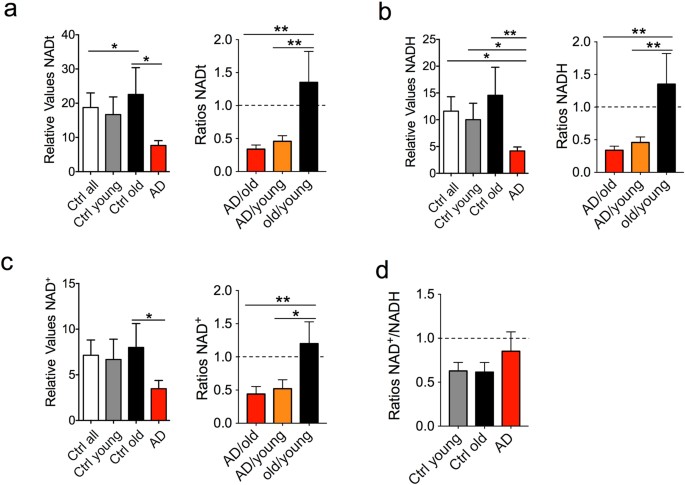Since when do mouse studies very rarely translate into anything actionable in humans. Thats news to me!
How about Dasatanib and Quercetin most recently. We know plenty about extending health and life in mice that doesn't translate into humans.
I think the authors of this study tried to tackle this by spending part of their research on identification of a cross-species mitochondrial stress response signature. Its a study worth reading and it lines up with anecdotal evidence.
The dosing seems high:
mice were fed with pellets containing vehicle or NR (400 mg/kg/day)
for 10 weeks, starting at the age of 4 months. The pellets were prepared by mixing
powdered chow diet (2016S, Harlan Laboratories) with water or with NR dissolved
in water.
I am assuming this means body weight but it could be as part of diet. In any case quite high, in case they mean BW about 2g/day for 70kg person. However we have now seen a couple human data studies come out that show a diminishing return of higher dosing so it could well be you see the same results at lower doses.
Personally I will be giving cans of NR as Xmas presents to folks that I can see start declining. Its a small expense to keep people here a bit longer, there is so much anecdotal testomony in general about its positive effects that it is more than worth the try.
Edited by stefan_001, 08 December 2017 - 07:28 AM.
































 This topic is locked
This topic is locked























